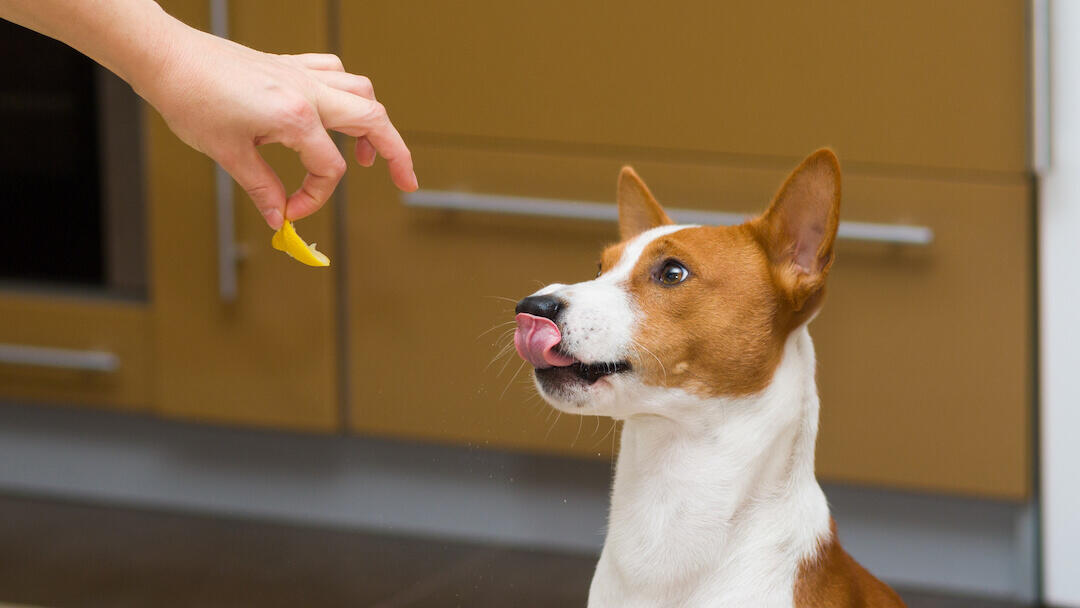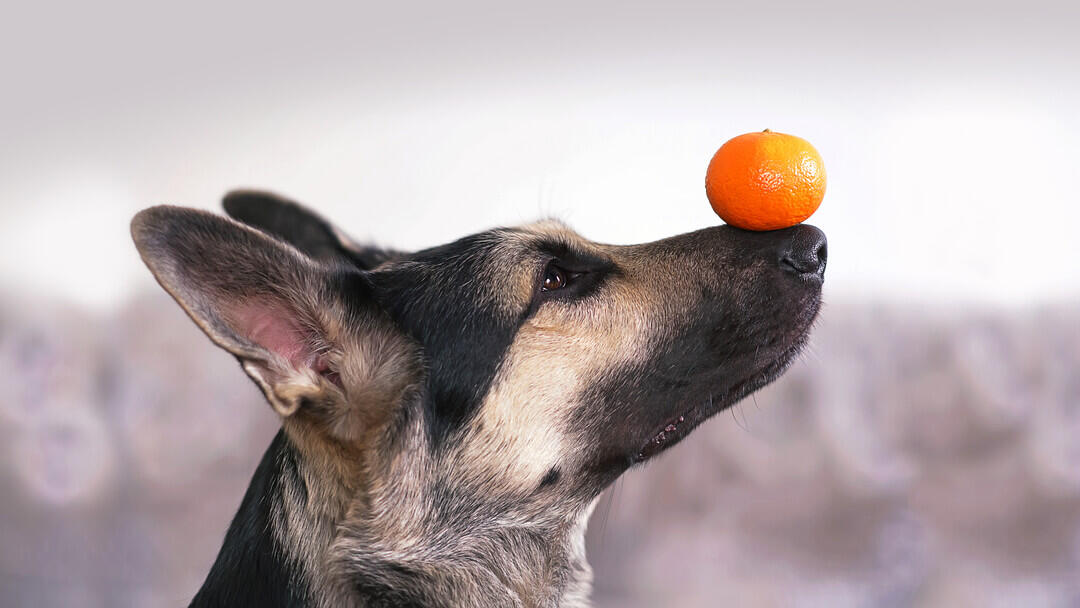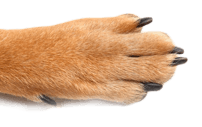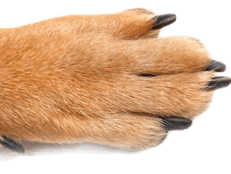
As a dog owner, you already know that providing your furry friend with a healthy diet is key to their well-being. However, with so many different variants of dog food available, it might not be clear which nutrients, including vitamin D, are truly beneficial for your pet. The role of vitamin D can be overlooked, so it’s important to know what it is and how it can affect your pet’s health.
In this article, we’ll explore the importance of vitamin D for dogs, the advantages of adding it to your pet’s diet and the consequences of a deficiency. Let’s dive right in!
What is vitamin D?
Also known as the “sunshine vitamin”, vitamin D is a nutrient that plays a key role in the body. It is a fat-soluble vitamin that can help regulate the absorption of calcium and phosphorus, ensuring that the bones and teeth stay in a good condition.
While humans might easily get vitamin D through sun exposure, dogs cannot synthesise it effectively from sunlight, so they have to rely on dietary sources for their vitamin D.
Do dogs need vitamin D?
Yes, dogs need vitamin D because it’s vital for their skeletal health. It’s also known to boost their immunity, protecting against certain diseases. Even though they might get some vitamin D from sunlight exposure, the main source of vitamin D for dogs is their food. You will find this in all our main meal dog foods which provide complete nutrition for dogs to stay fit and healthy. However, too much vitamin D can be harmful, so if you think your dog might benefit from vitamin D supplements, it’s crucial that you consult with a vet before changing their diet.
Benefits of vitamin D for dogs
The main function of vitamin D is to regulate your dog’s calcium levels so that they can develop and maintain healthy bones. But that’s not all it does, so here are some more valuable benefits that vitamin D may have:
Immune support
Vitamin D can help with the proper functioning of the immune system, boosting your dog’s ability to fight off infections and diseases.
Healthy muscles
Vitamin D is essential to maintain the right levels of calcium and phosphorus in the body, which helps with muscle growth and proper function.
Improved cognitive function
This important nutrient may also have a role in helping prevent cognitive decline in older dogs.
Cell growth
Vitamin D can help regulate cell growth, a process necessary for the development and maintenance of healthy tissues and organs.
Cardiovascular health
Low levels of vitamin D may be linked to heart disease in dogs; however, excessive supplementation may also increase their risk of heart issues.
Foods that contain vitamin D
All complete dog foods should contain enough vitamin D for your dog. If you want to add in some extra from natural foods, here are some you can use:
- Egg yolks
- Cheese
- Fatty fish (tuna, salmon, mackerel)
- Squash
- Beef
- Liver
- Yogurt
- Mushrooms (shiitake and portobello)
- Oats
When feeding your dog foods that are high in vitamin D, remember to only offer them in moderation and as part of a balanced diet. Some of these foods are high in fat and could cause health issues like pancreatitis and weight gain if fed in large amounts.
If you plan to feed a primarily home-prepared diet to your dog, it’s vital to consult with a certified veterinary nutritionist who can ensure you feed the correct amounts of all the different nutrients your dog needs.
Giving your dog too much vitamin D might result in damaging side-effects, so you should always pay attention to the amount each food contains and consult your vet practice for advice. In some cases, the vet might recommend using vitamin D supplements instead, as the dosage can be easier to control.
Vitamin D deficiency in dogs
Although it’s not very common, there have been cases of vitamin D deficiency in dogs. Some of the signs may include hair loss, fatigue, or bone and muscle weakness; So if you notice your dog having any of these clinical signs (or symptoms), make sure to contact a vet so that you can rule out other causes and, if necessary, correct the amount of vitamin D consumed.
Now that you know the importance of vitamin D for dogs, you can be better prepared to decide on the best diet for them.
Want to learn more about what your dog’s diet should contain? Check out this article on The Role and Benefits of Vitamin C for Dogs.
You can also check out this page that contains information about the principal ingredients that can be found in our pet food.












